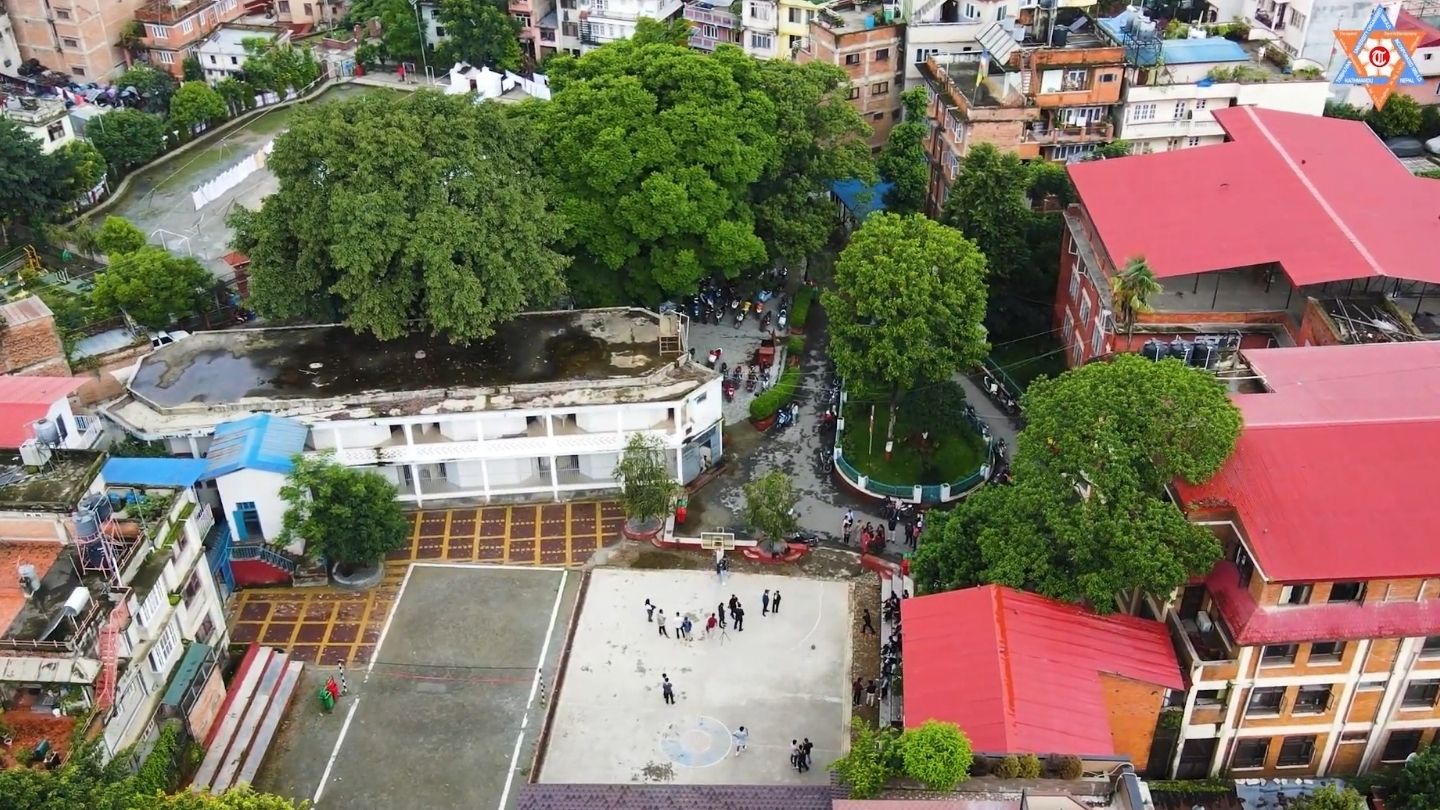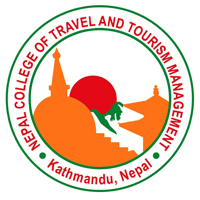Overview
MTTM at Public Youth Campus, Dhobichaur, Kathmandu
Master of Travel and Tourism Management (MTTM) at Public Youth Campus (PYC), Tribhuvan University (TU), addresses Nepal’s travel, hospitality, and destination sectors through a structured graduate program.
Students study for two academic years across four semesters. The curriculum links tourism economics, destination planning, airline and agency operations, hospitality service, and research methods. Classroom work connects with field tasks and an applied project or internship, helping you translate theory into service routines that employers understand.

Highlights
-
Affiliation: Tribhuvan University, Faculty of Management; PYC is a constituent public campus in Dhobichaur, Kathmandu.
-
Duration and Credits: Two years, four semesters; 60 credits.
-
Intake Process: CMAT for master’s management streams, followed by campus-level screening (group discussion, individual presentation, personal interview).
-
Assessment: In-semester tasks and end-semester examinations under Faculty rules; CGPA-based reporting.
-
Applied Requirement: Field project or supervised internship with a written report and viva.
-
Learning Setting: Central Kathmandu access to airlines, travel agencies, tour operators, hotels, and events teams.
Curriculum Details
The MTTM curriculum follows TU’s structure and builds depth step by step. Students cover foundations early, move into core tourism management, complete sector-focused courses, and close with an applied project or internship.
Foundations and Tools
-
Tourism economics and Nepal’s policy context.
-
Quantitative techniques for decisions; statistics for managers.
-
Accounting and finance basics for service firms.
-
Managerial communication and report writing.
Core Tourism and Hospitality
-
Destination planning and development.
-
Travel agency and tour operations management.
-
Airline basics, fare and ticketing concepts, itinerary design.
-
Hospitality operations from a management lens (front office views, service quality, coordination).
-
Tourism marketing, digital outreach habits, and channel decisions.
-
Legal and ethical aspects of travel services in Nepal.
Research and Data
-
Business research methods in tourism.
-
Data collection instruments, sampling, and basic analysis.
-
Project proposal, fieldwork plan, and final report structure.
Sector-Focused Topics (illustrative)
-
Sustainable and community-based tourism.
-
Events and MICE coordination.
-
Adventure and outdoor operations basics.
-
Heritage interpretation and site etiquette.
-
Entrepreneurship and small travel services.
-
Service recovery notes and complaint handling routines.
Applied Finish
-
Project or Internship: Students complete an applied research project or a supervised internship (airline office, travel agency, tour operator, hotel, event unit).
-
Evaluation: Organizational feedback, written report quality, and presentation form the basis of grading.
-
Output: Clear documentation with references, tables, and evidence from the field.
Objectives
-
Graduate Readiness: Prepare students for mid-level roles across airlines, agencies, tour operations, hotels, and destination units.
-
Policy Awareness: Build awareness of Nepal’s tourism policy, environmental concerns, and community interfaces.
-
Evidence-Based Decisions: Encourage use of data, checklists, and documented procedures for operations and service quality.
-
Career Mobility: Create pathways toward supervisory roles or further study at MPhil/PhD level after meeting entry conditions.
Scope
Nepal’s travel and hospitality activities require staff who can plan itineraries, handle reservations, coordinate vendors, and document service steps properly. MTTM graduates find roles in reservations and ticketing support, tour coordination, guest relations, events logistics, destination documentation, and project roles within NGOs and DMOs. The Kathmandu location simplifies access to offices for interviews, project meetings, and mentoring.
Learning Outcomes
Students who complete MTTM at PYC should be able to:
-
Build itineraries that reflect seasonality, transport choices, and budget constraints.
-
Manage vendor communications, booking confirmations, and guest briefings using standard forms.
-
Draft service recovery notes and incident reports with clear timelines and actions.
-
Interpret policy and guidelines relevant to destinations, heritage sites, and community engagement.
-
Produce a defendable project or internship report with tables, charts, and references.
-
Present findings concisely to academic panels and industry supervisors.
Skill Development Modules
-
Operations and Documentation: Manifests, vouchers, invoices, and post-trip reports that meet audit trails.
-
Customer Communication: Email etiquette, phone scripts, and front-office talk tracks for clear, respectful service.
-
Numeracy for Services: Costing, markups, taxes, and basic foreign exchange handling in a tourism context.
-
Data and Reporting: Spreadsheet practice, sampling logic, descriptive statistics, and simple visualizations.
-
Safety and Quality: Risk notes, emergency procedures, service checklists, and quality monitoring habits.
-
Cultural Competence: Site behavior, heritage sensitivity, and community coordination principles.
Teaching Methodology
Public Youth Campus uses lectures, cases, demonstrations, role-play for guest scenarios, workshops, and project supervision. Faculty publish a semester plan with session topics, readings, internal evaluation windows, and deadlines. Field tasks include pre-briefings on behavior, documentation, and risk awareness. Feedback cycles focus on clarity, accuracy, and punctual submission.
Admission Requirements
-
Eligibility: Bachelor’s degree from a recognized university. Candidates from BTTM, BHM, management, or related fields often apply; graduates from other streams may be considered if Faculty equivalence rules are met.
-
Entrance: CMAT for master’s management streams; campus may conduct group discussion, individual presentation, and personal interview.
-
Academic Thresholds: Minimum CGPA 2.0 in semester systems or 45% in annual systems, or as stated in the intake notice.
-
Documents: Transcripts, character certificate, migration where applicable, photographs, and any proofs listed for the intake.
-
Attendance and Progress: Students meet attendance thresholds and complete in-semester tasks to qualify for end-semester exams.
Career Opportunities
-
Airlines and GDS-Linked Units: reservations and ticketing desks, documentation, and revenue support.
-
Travel Agencies and Tour Operators: itinerary building, vendor booking, guest communication, and trip reports.
-
Hotels and Resorts: front office coordination, guest relations, and event support roles.
-
Events and MICE: registration, logistics, venue coordination, and vendor management.
-
Destination and Public Roles: visitor information desks, destination documentation, community project coordination, and research support.
-
Entrepreneurship: small travel services, guiding networks, niche experiences linked to culture, nature, or heritage.
Scholarships and Financial Aid
-
Categories: Merit and need-based windows announced per batch under TU and campus policy.
-
Evidence Required: Academic records and documented need where applicable.
-
Where to Check: Public Youth Campus notices and the Faculty of Management announcements for quotas, forms, and deadlines.
Why Choose MTTM?
-
Sector Focus: Tourism-specific coursework supported by field tasks and an applied finish.
-
Central Access: Dhobichaur location near industry offices for interviews and training.
-
Evidence Orientation: Research methods and project writing create tangible proof of learning.
-
Structured Delivery: Semester plans, rubrics, and scheduled presentations encourage steady progress.
-
Mentoring Windows: Faculty guidance on proposals, field conduct, and documentation norms.
Conclusion
MTTM at Public Youth Campus offers a structured path into Nepal’s travel and hospitality ecosystem under the Tribhuvan University framework. The mix of destination planning, operations, service quality, and research methods prepares you to contribute from the first day at work. Careful time management, clear writing, and attentive field conduct build a record that supports both employment and further study.
FAQ
Is MTTM a two-year program?
Yes. The course runs across four semesters.
Does the intake use CMAT?
Yes. The master’s management stream requires CMAT, followed by campus screening steps where announced.
What does the applied requirement involve?
A project or supervised internship with a written report, presentation, and feedback from the host organization.
Which roles are common after graduation?
Reservations and ticketing support, tour coordination, guest relations, events logistics, and destination documentation roles.
How should applicants prepare documents?
Keep academic records, photos, and identification ready; submit forms within deadlines; follow the campus notice for any extra proofs.
Where can students confirm current seats, quotas, and fees?
Public Youth Campus admission notices and the Faculty of Management updates list yearly details.


















